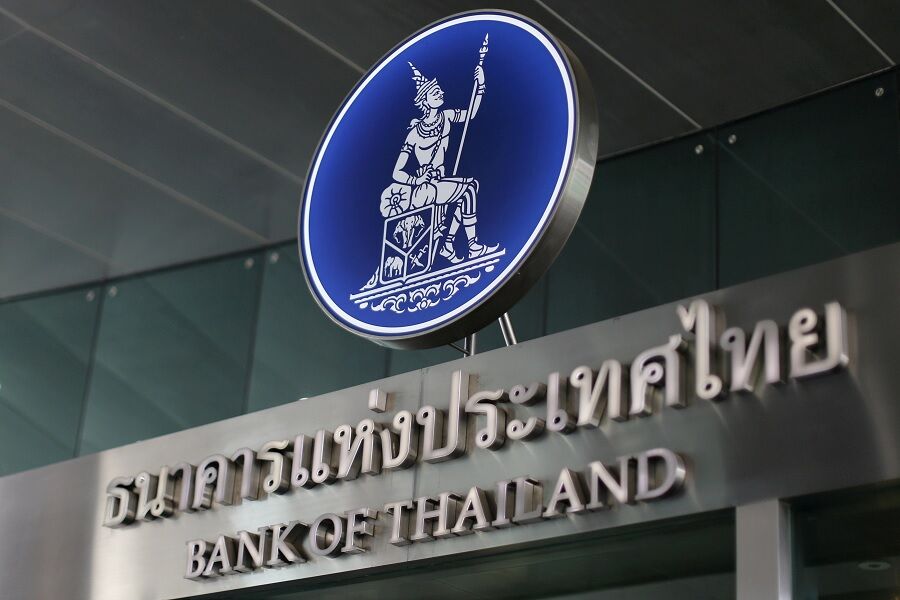Pressure mounts on Bank of Thailand to reduce high interest rates

Thailand Deputy Finance Minister Julapun Amornvivat expressed concern that the country’s current interest rates are excessively high, putting strain on citizens’ disposable income and stunting the nation’s economic growth. This stance encourages the Bank of Thailand to reconsider its monetary policies.
“The Thai people’s spending power is in jeopardy due to these high rates. I hope the Bank of Thailand acknowledges the pressure being placed on our citizens and reduces the rates soon.”
This plea for rate reduction aligns with calls from Prime Minister Srettha Thavisin, who also serves as the Finance Minister. Nonetheless, the Bank of Thailand has resisted these appeals, with central bank governor Sethaput Suthiwartnarueput asserting that the current rate is suitable. Sethaput also countered the prime minister’s assertion that the economy is in a state of crisis, arguing instead that it is undergoing slow growth.
The governor further expressed that short-term stimulus measures, such as those proposed by the prime minister, are unlikely to significantly boost the economy, which instead requires fundamental structural reform. This ongoing policy dispute, which emerged shortly after the 61 year old Thai PM assumed office in August, threatens to exacerbate a downturn in the baht and the stock market.
Despite the Bank of Thailand’s independence, the government is worried about the impact of high borrowing costs on the economic recovery, Julapun stated. He acknowledged that the final decision on interest rates lies with the central bank, while the government will strive to stimulate the economy. The next rate meeting is scheduled for February 7, with the current policy rate standing at 2.50%.
Over the past decade, Thailand’s GDP growth has lagged behind its neighbours, averaging below 2%. In 2023, growth was estimated to have decelerated to 1.8%, despite a resurgence in tourism, a vital economic sector. Concurrently, the country has experienced negative inflation for three consecutive months, reinforcing Srettha’s demand for lower interest rates.
Asian Financial Forum
Julapun, who attended the Asian Financial Forum in Hong Kong, expressed concern about the baht’s instability, stating that it was the central bank’s duty to stabilise the currency. He also revealed that the implementation of a 500-billion-baht cash handout plan, a key aspect of the government’s economic strategy, would be postponed from its initial launch date in May to later in the year.
The deputy finance minister recognised that the programme’s rollout has been delayed due to unresolved issues, including its funding mechanism. However, he assured that the initiative was progressing as planned. The government’s strategy involves issuing local-currency bonds of varying durations to finance the cash handout, once the necessary legislation is in place, said Julapun.
“The economy is currently in poor condition, so we believe it is crucial to inject money into the system to improve people’s lives.”
The baht, which was the top-performing Asian currency in the fourth quarter, has become one of this year’s biggest losers. Meanwhile, Thailand’s benchmark stock index plummeted to a three-year low.
The Bangkok-born PM aims to boost annual GDP growth to 5% within his four-year term, through stimulus measures such as reviving tourism, enhancing infrastructure, and attracting foreign investment. However, Julapun conceded that achieving this goal in 2024 would be challenging.
Despite the economic difficulties, tourism remains a beacon of hope for Thailand. The authorities aim to boost foreign tourist arrivals from 28 million last year to as many as 35 million, with approximately 8 million anticipated from mainland China, an increase from 3.5 million in 2023.
“We are doing everything possible to get Thailand back on its feet and achieve our target GDP growth of 5%,” Julapun said, reported Bangkok Post.
Latest Thailand News
Follow The Thaiger on Google News:


























